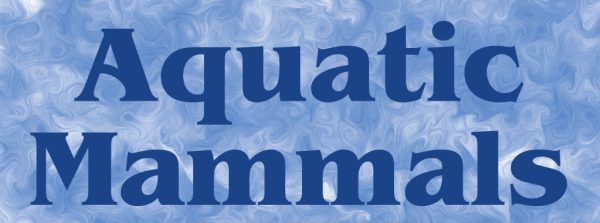Document: Article
Abstract: Incidental capture of non-target species by fisheries, also referred to as bycatch, is a major concern for the management of marine megafauna species. In Norway, it has been estimated that 555 harbor seals (Phoca vitulina) get entangled and drown in gillnets every year. The majority of these bycatch events occur in large-mesh gillnet fisheries targeting cod (Gadus morhua) and monkfish (Lophius piscatorius). Young-of-the-year individuals represent the largest proportion of bycaught harbor seals. To increase our understanding of harbor seal bycatch events along the Norwegian coast, times and areas of potential bycatch risk were identified. Seasonal variation in the at-sea distribution of harbor seals was simulated based on movement from their molting site to predicted at-sea locations. Relative age-specific bycatch abundances were used to weigh the different seasons (times of the year) based on harbor seal age. The overlap in the distribution of harbor seals and the documented distribution of fishing effort was then used to estimate the relative bycatch risks between harbor seals and fisheries in defined Statistical Sea Locations (SSLs) in each of the four seasons. The method used here provides a general framework for understanding temporal and spatial interaction between harbor seals and coastal gillnet fisheries. The times and areas of high interaction risk that were identified can be used in management practices to increase our understanding of bycatch events, and to ultimately reduce unwanted bycatch of harbor seals in coastal fisheries along the Norwegian coast.
Key Words: bycatch, distribution model, encounter, interaction, risk, gillnet fisheries, Norway, harbor seal, Phoca vitulina
DOI: https://doi.org/10.1578/AM.49.6.2023.508
Page Numbers: 508-518

